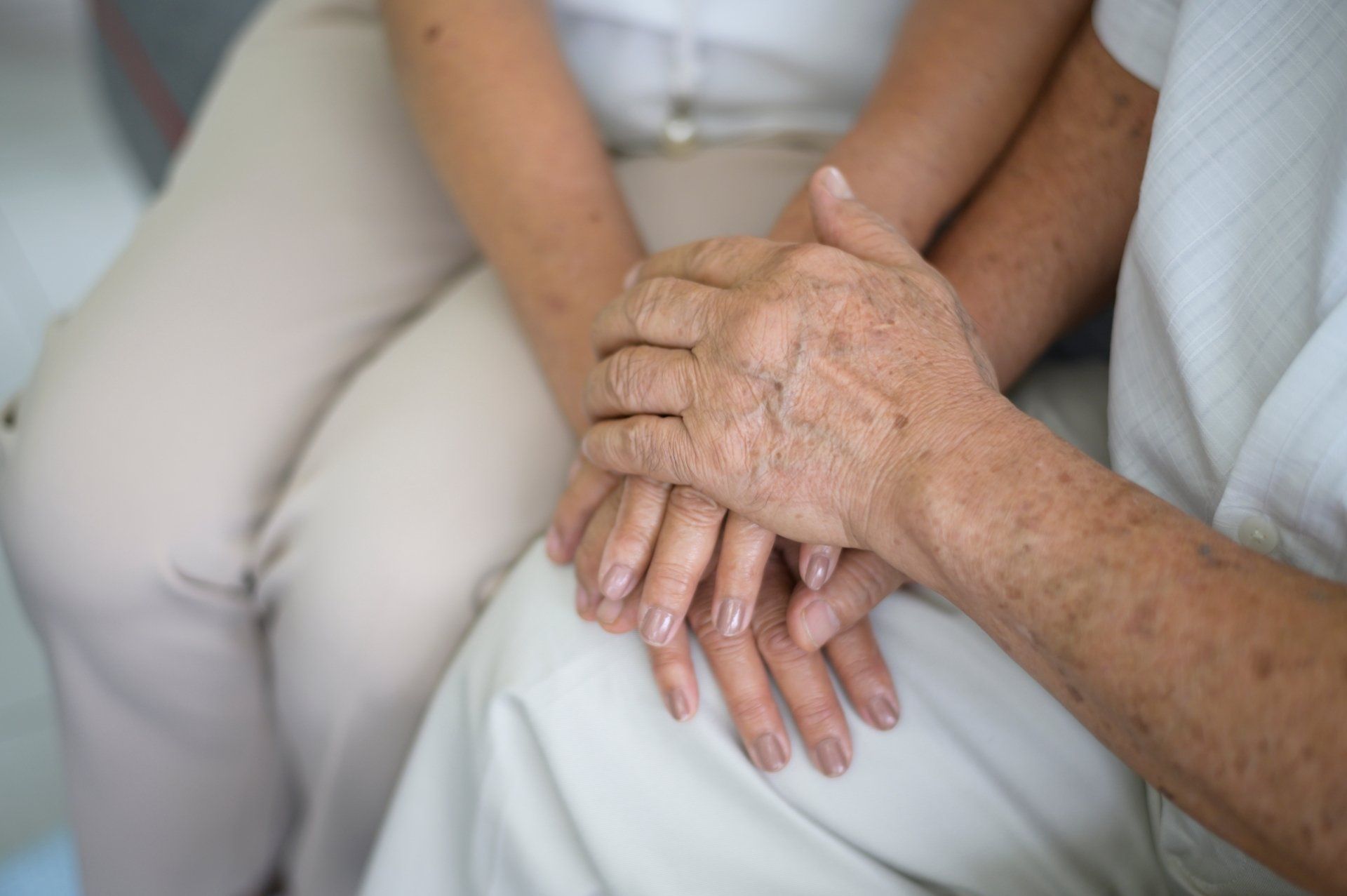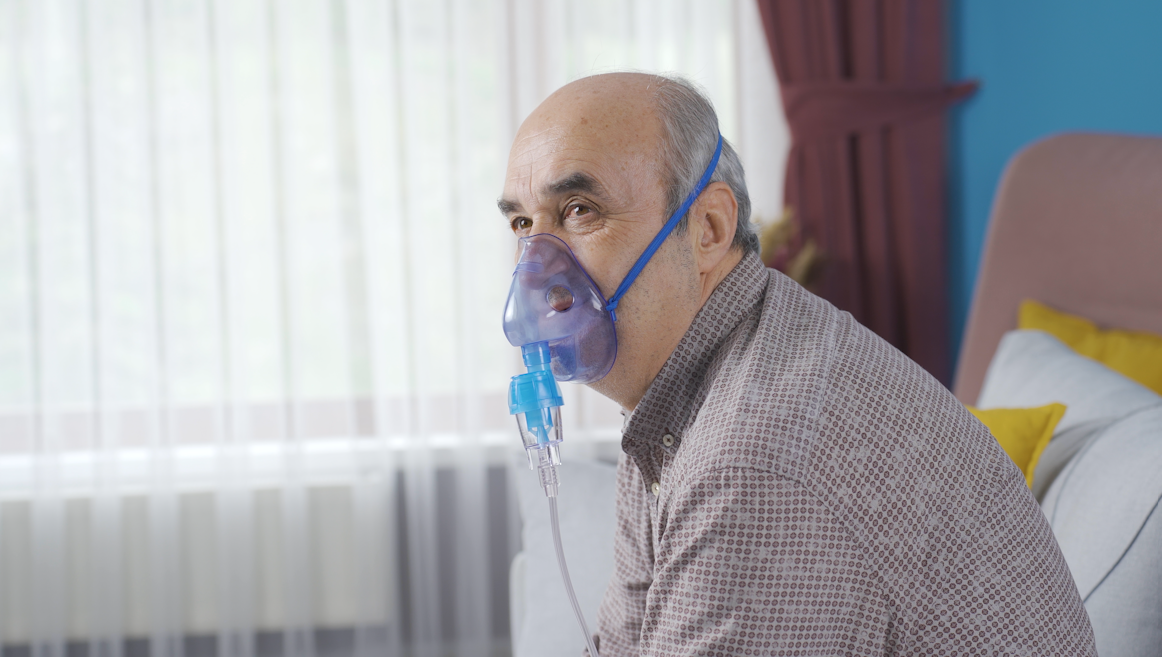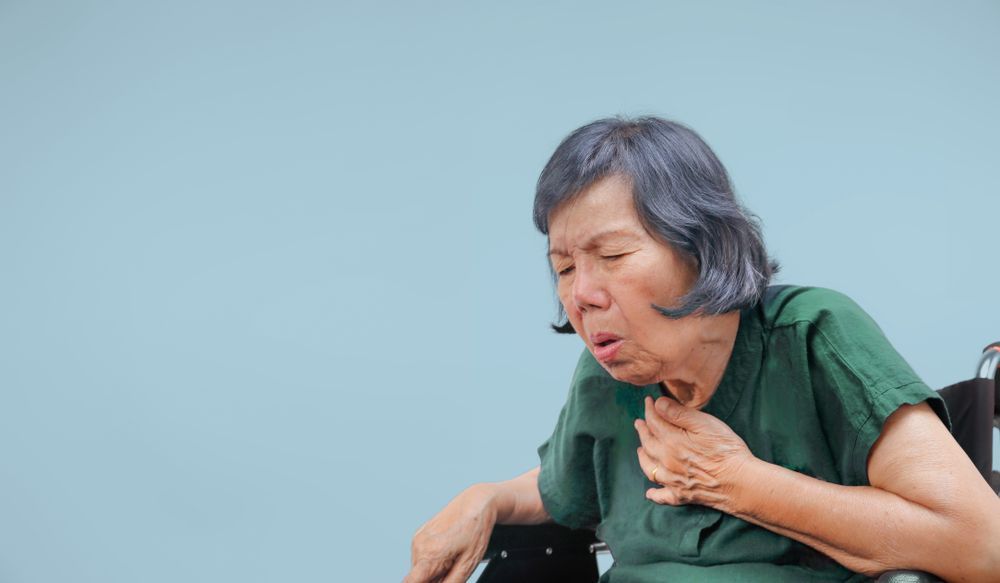Our COVID-19 Response at Elder Care Homecare. Read Now
10 Ways for Caregivers to Manage Stress & Caregiver Burnout
Elder Care Homecare is acutely aware of the challenges and pressures that caregivers face, especially the looming threat of caregiver burnout. We recognize that the relentless demands, both emotional and physical, can sometimes overshadow the rewarding aspects of caregiving. The continuous cycle of providing care, often coupled with personal sacrifices, can lead to exhaustion, stress, and feelings of isolation. At Elder Care Homecare, we prioritize the well-being of our caregivers, understanding that their mental and emotional health is paramount. The emotional and physical demands, as highlighted by the National Alliance for Caregiving, can sometimes overshadow the joys of caregiving.
Elder Care Homecare is committed to providing the necessary support, resources, and open channels of communication to ensure that our caregivers feel valued, heard, and equipped to manage the rigors of their role, thereby preventing caregiver burnout and ensuring the best care for our clients.

Rosalynn Carter, the wife of the 39th President of the United States and founder of the Rosalynn Carter Institute for Caregiving, an advocacy group working to highlight the challenges caregivers face, once said, "There are only four kinds of people in the world. Those who have been caregivers. Those who are currently caregivers. Those who will be caregivers, and those who will need a caregiver."
Caregivers, often sourced through various caregiver jobs listings, are the unsung champions in the intricate fabric of life. Their steadfast dedication to the health and happiness of those they care for, even at the expense of their personal desires and comfort, showcases the incredible depth of human kindness and tenacity. In a world that often applauds grandiose actions, the silent, daily acts of love and commitment by caregivers truly represent the heart of heroism. Their daily tasks, characterized by patience, fortitude, and understanding, make them worthy of respect and appreciation.
Taking on caregiver jobs is not just a profession, but a calling filled with immense emotional and physical demands. While it brings the satisfaction of aiding someone, it also presents its own set of challenges. The emotional, physical, and psychological pressures often lead to what many term as caregiver burnout. However, with the right strategies in place, caregivers can effectively tackle these challenges.
1. Embracing Self-awareness:
The initial step in combating stress is to identify and embrace your emotions. Caregivers, due to the nature of their jobs, experience a spectrum of feelings, from moments of despair and frustration to times of happiness and satisfaction. Recognizing these emotions allows caregivers to pinpoint their stressors and address them. Understanding one's emotions is crucial. As the Mayo Clinic suggests, recognizing and addressing caregiver stress is essential for well-being. Journaling can be a helpful tool in this journey.
2. The Significance of Gaining Support:
Though caregiver jobs can be fulfilling, they can also feel lonely at times. It's essential for caregivers to remember they're not on this path alone. Friends, family, and caregiver support groups can provide a comforting ear, guidance, or a much-needed break. Sharing stories, hurdles, and even small triumphs can offer emotional solace and a sense of belonging.
3. Establishing Feasible Expectations:
Many caregivers, in their pursuit of perfection, exert immense pressure on themselves. It's vital to realize that perfection is unattainable. Setting achievable goals can alleviate unnecessary stress. Seeking help or distributing tasks isn't a sign of inadequacy but an understanding of the expansive nature of caregiver jobs. Setting realistic goals can alleviate stress. As the Family Caregiver Alliance notes, understanding one's limits is essential.
4. Prioritizing Breaks:
Continuous caregiving can lead directly to caregiver burnout. Allocating time for oneself is crucial. These breaks, be it a brief stroll, a hobby, or a short nap, can provide essential relief. Such moments can refresh both the mind and body, equipping the caregiver for upcoming challenges.
5. Advantages of Organization:
Juggling the myriad tasks of caregiving can be daunting. Organizing tasks through schedules or lists can make management more straightforward. Tools like apps or planners can be beneficial in reducing the overwhelming nature of the job.
6. The Therapeutic Nature of Physical Activity:
Engaging in physical activities is a known stress alleviator. Simple exercises like walking can trigger the release of endorphins, which combat stress. Regular physical activity can significantly uplift mood and energy.
7. Exploring Calming Techniques:
The bond between the mind and body is potent. Methods like deep breathing, meditation, and yoga can provide immense relaxation benefits, helping to counteract caregiver burnout.
8. Empowerment Through Knowledge:
Being informed is empowering. The more caregivers are knowledgeable about the individual they're assisting, the better prepared they are to face challenges. Workshops, reading materials, or online discussions can offer valuable insights.
9. Recognizing When to Seek External Assistance:
There's no harm in seeking professional help. If the emotional burden becomes too much, counseling or therapy can provide structured coping mechanisms and support.
10. The Joy of Social Connections:
While caregiving is a significant aspect of their lives, caregivers must also nurture their personal connections. Engaging in social activities and maintaining relationships outside the caregiving realm can offer a refreshing perspective and a chance to rejuvenate.
Despite the challenges, caregiving is a journey of love and endurance. With the right strategies, caregivers can ensure they're looking after their mental and emotional health. A well-supported caregiver is, after all, best positioned to offer care to their loved ones.
Elder Care Homecare is not just actively recruiting; we're seeking dedicated individuals who resonate with our core values to join our esteemed team. We deeply care about our caregivers, placing their priorities at the forefront of our mission. Our commitment to open communication ensures that we always listen to and value the thoughts and feelings of our team members. We offer a range of flexible scheduling options tailored to fit your needs, be it 8-hour or 12-hour shifts. For those aiming for stability, there's a clear pathway to transition into full-time roles, replete with comprehensive benefits. Our unwavering support is evident with 24/7 assistance readily available. With our expansive network and a plethora of opportunities, you're guaranteed to find a position close to home. Elder Care Homecare is currently recruiting caregivers in New York City, Long Island, Westchester, and Connecticut. Join us in our dual mission: making a difference in the lives of our elders while genuinely valuing and supporting our caregivers. Growing stronger, together.
New York City Elder Home Care Blog






Elder Care Homecare looks after seniors and individuals with disabilities through dependable companion care and in-home care services.
We service Westchester County, Long Island and the entire New York City metro area including Queens, Brooklyn, The Bronx, and Manhattan.
QUICK LINKS
CONTACT
Call Us Today:
(914) 268-6221
Caregiver or Employment Inquiries: (914) 414-4841
111 Brook St
Scarsdale, NY 10583
370 Lexington Ave
New York, NY 10168
United States
1025 Old Country Road
Suite 314
Westbury, NY 11590
750 E Main St
Stamford, CT 06902





